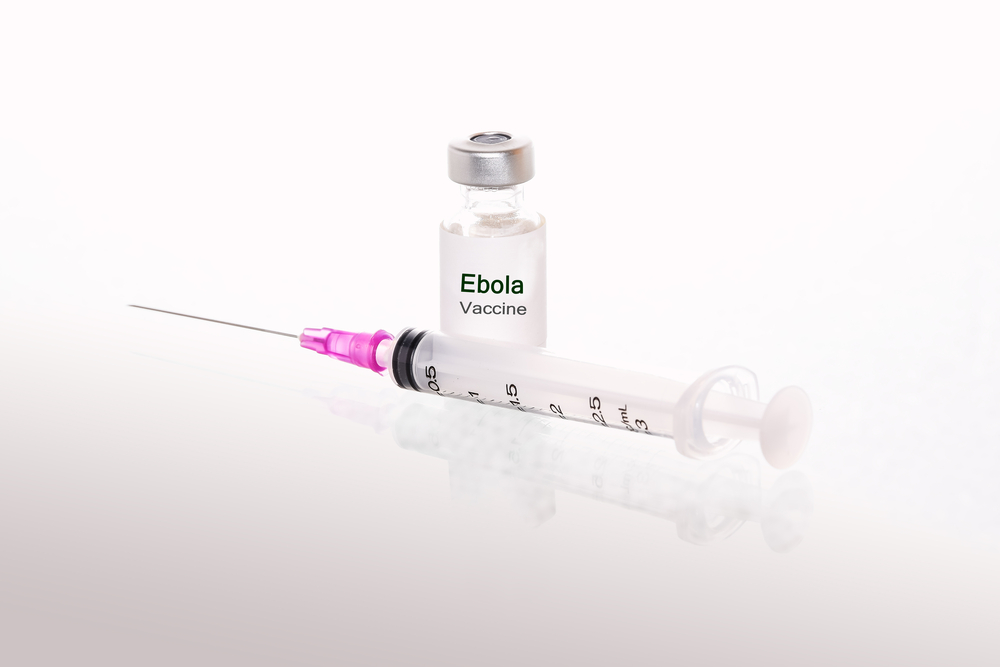
As the World Health Organization’s (WHO) declared a new Ebola outbreak in the Kongo on Tuesday, researchers from the University of Kent announced their findings that mass vaccination is not a viable option to prevent or contain Ebola outbreaks.
The team of researchers concluded that surveillance and isolation remain the most effective Ebola outbreak control methods after analyzing various vaccines for the Ebola virus. Eighty percent of a population would have to be immunized to achieve herd immunity — even if a vaccine proved to be 90 percent effective.
“Such vaccination rates are currently unachievable,” Science Direct reported. “In a vaccination trial during the West African Ebola virus epidemic, only 49 percent of individuals who had been in contact with Ebola virus patients could be vaccinated. Thirty-four percent of contacts refused vaccination although they had been exposed to the disease.”
Researchers also noted that a widespread vaccination program would be cost-prohibitive. Vaccinations cost $15-$20 per dose and 462 million people live in regions impacted by Ebola outbreaks.
The report comes as WHO confirmed that two of five samples collected from the Democratic Republic of the Congo had tested positive for Ebola virus. WHO said it was working with Kongo officials to scale operations in the region and to mobilize public health partners there.
“Our top priority is to get to Bikoro to work alongside the government of the Democratic Republic of the Congo and partners to reduce the loss of life and suffering related to this new Ebola virus disease outbreak,” Dr. Peter Salama, WHO deputy director-general of emergency preparedness and response, said. “Working with partners and responding early and in a coordinated way will be vital to containing this deadly disease.”
Both confirmed Ebola cases came from the iIkoko Iponge health facility located about 30 kilometers from Bikoro.




